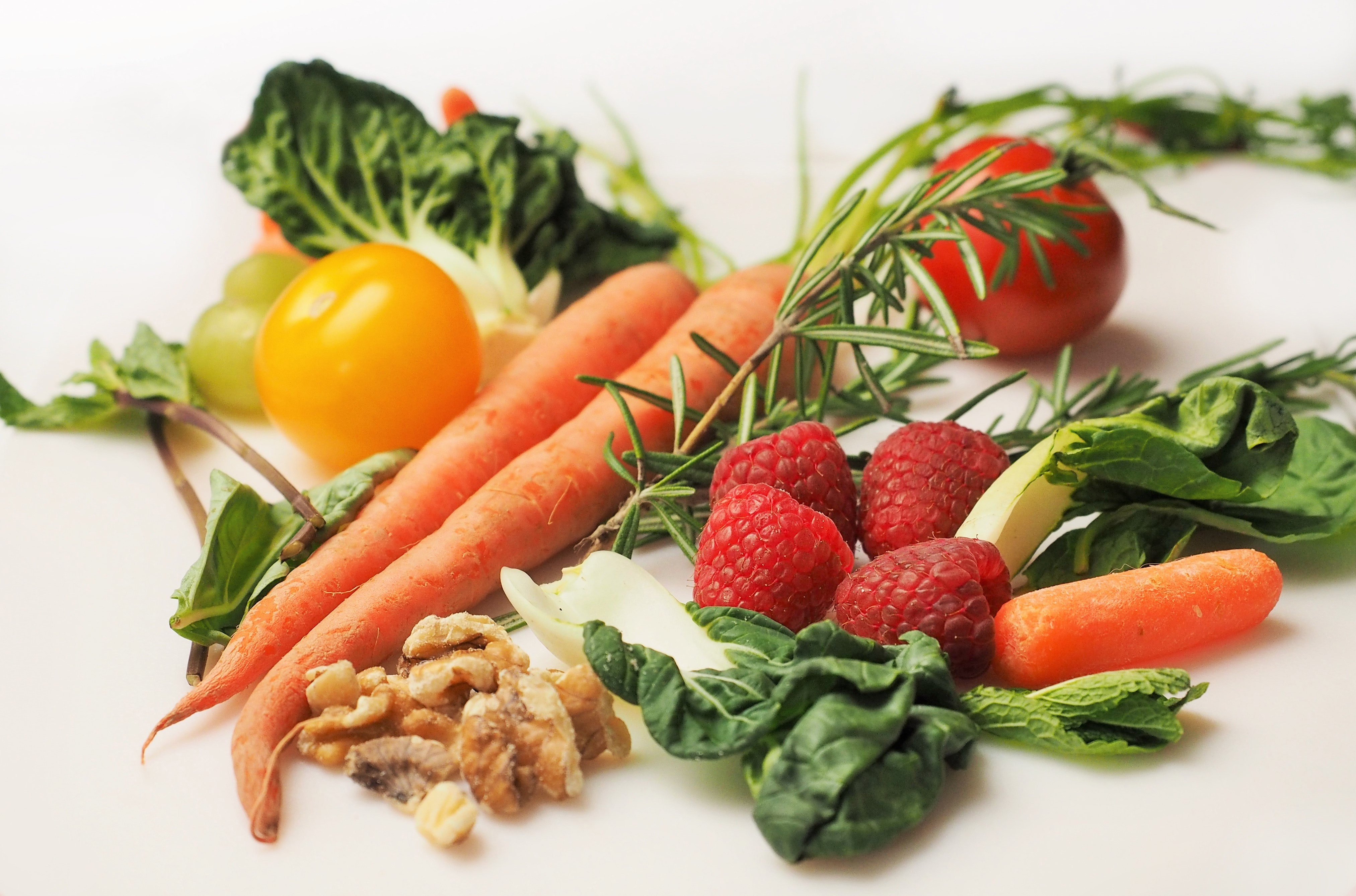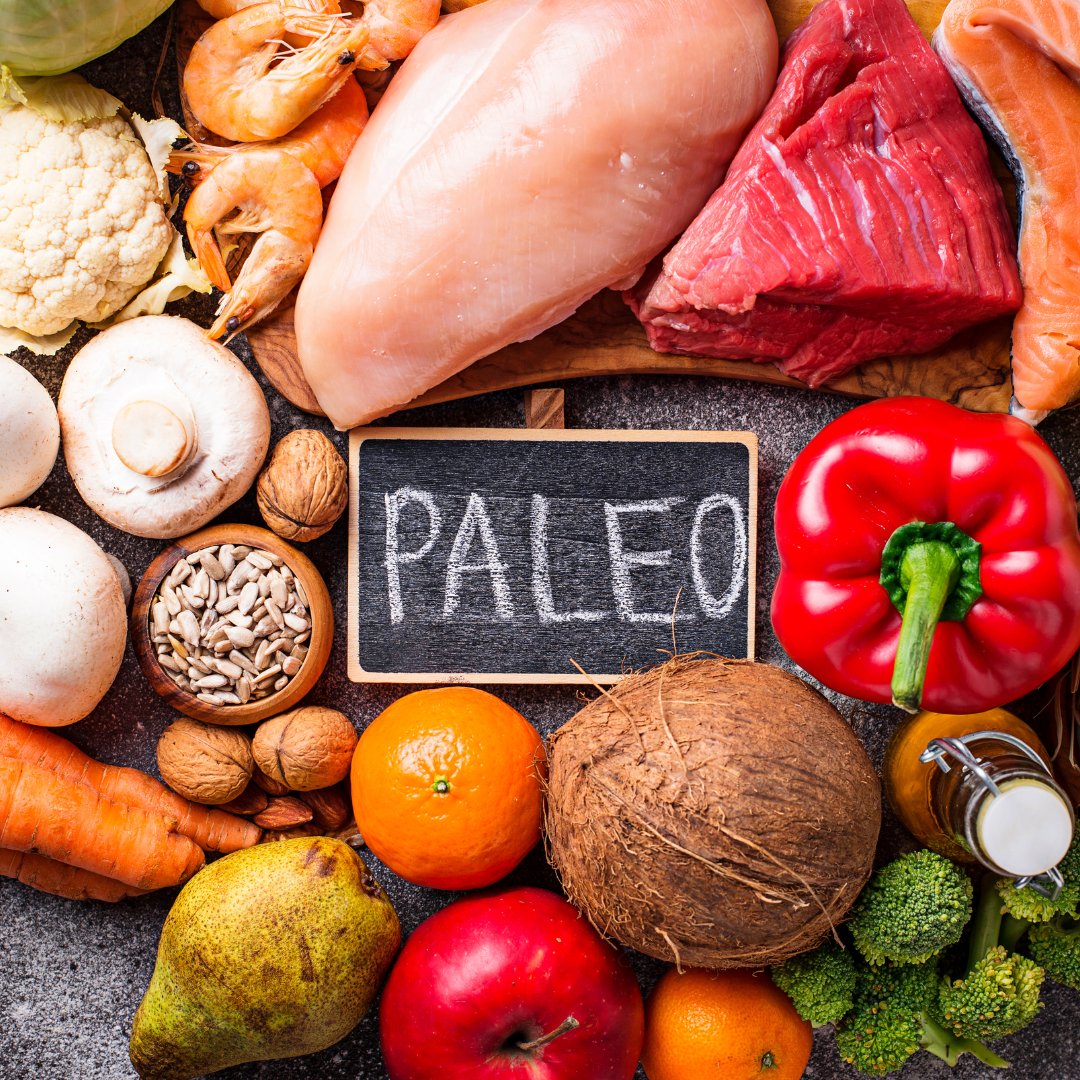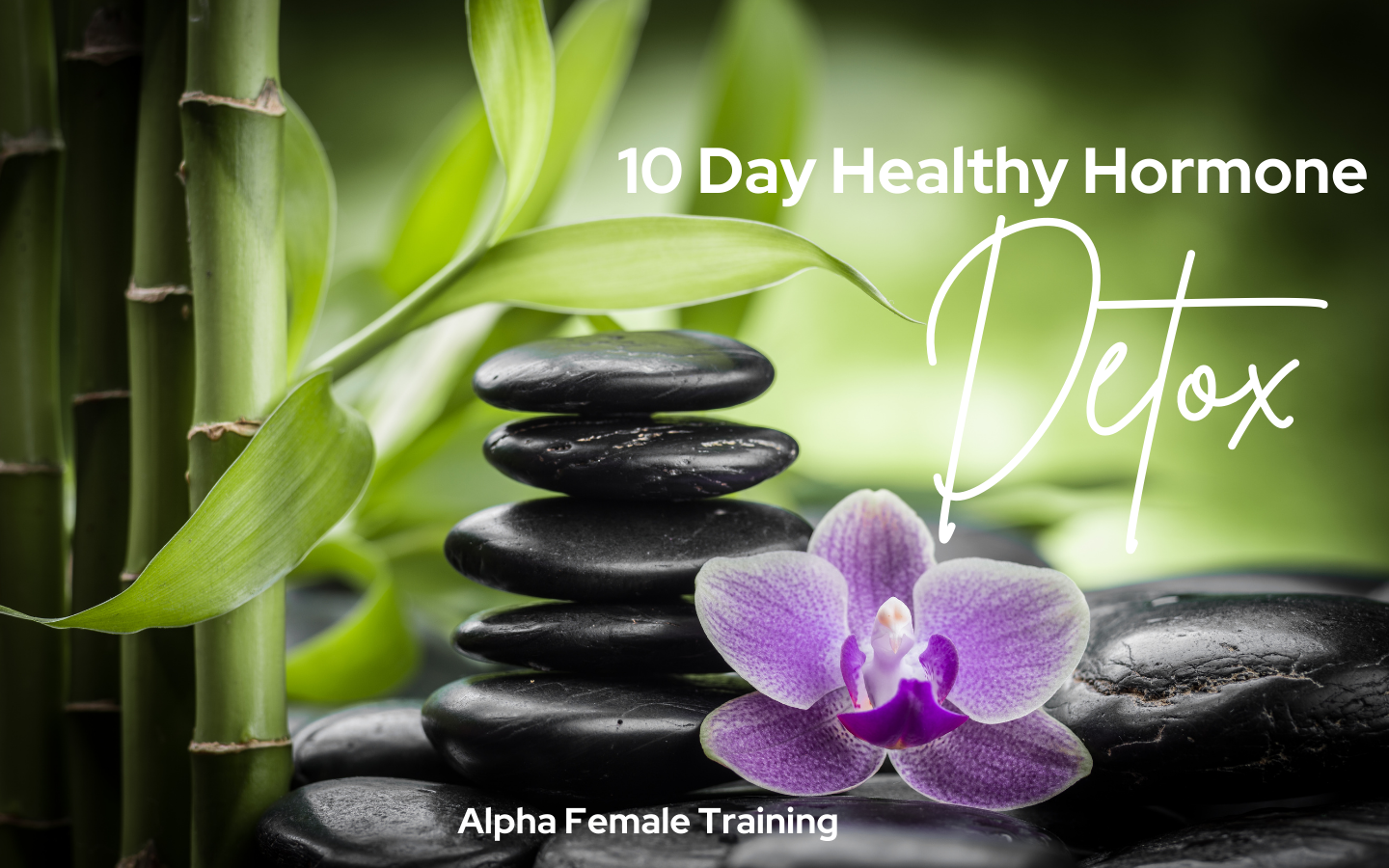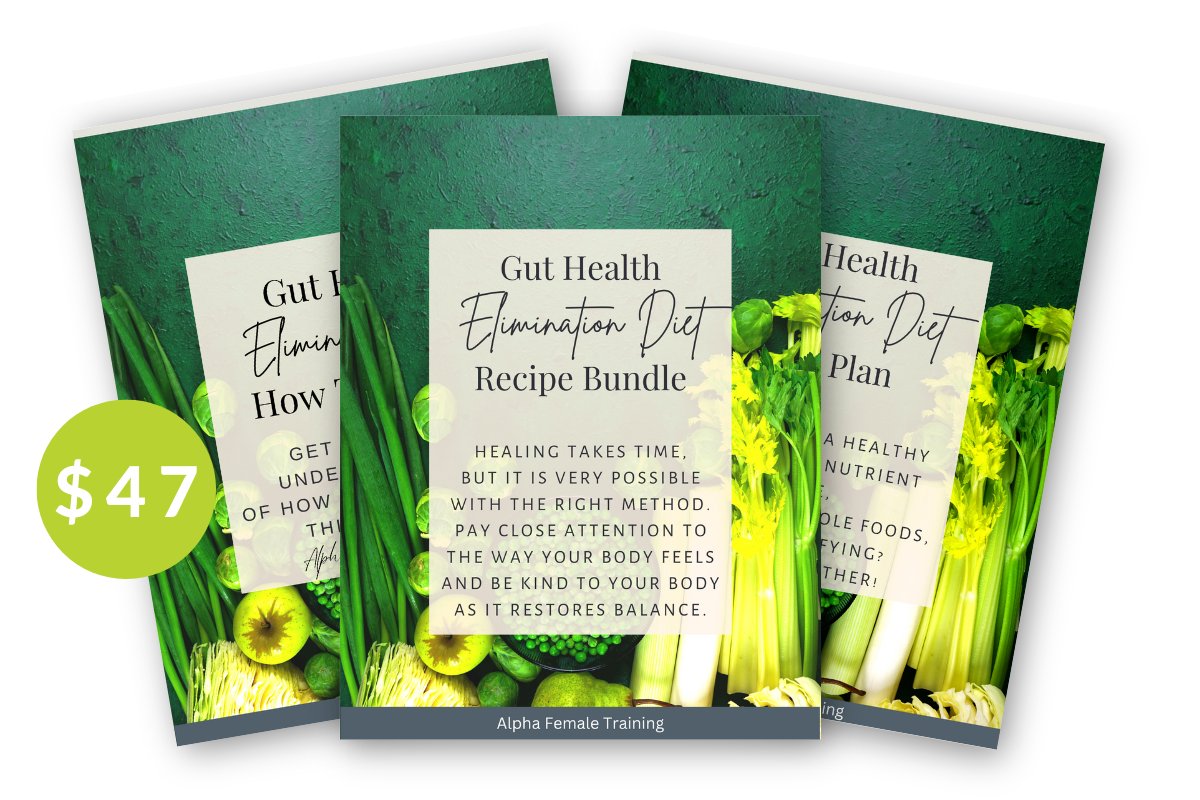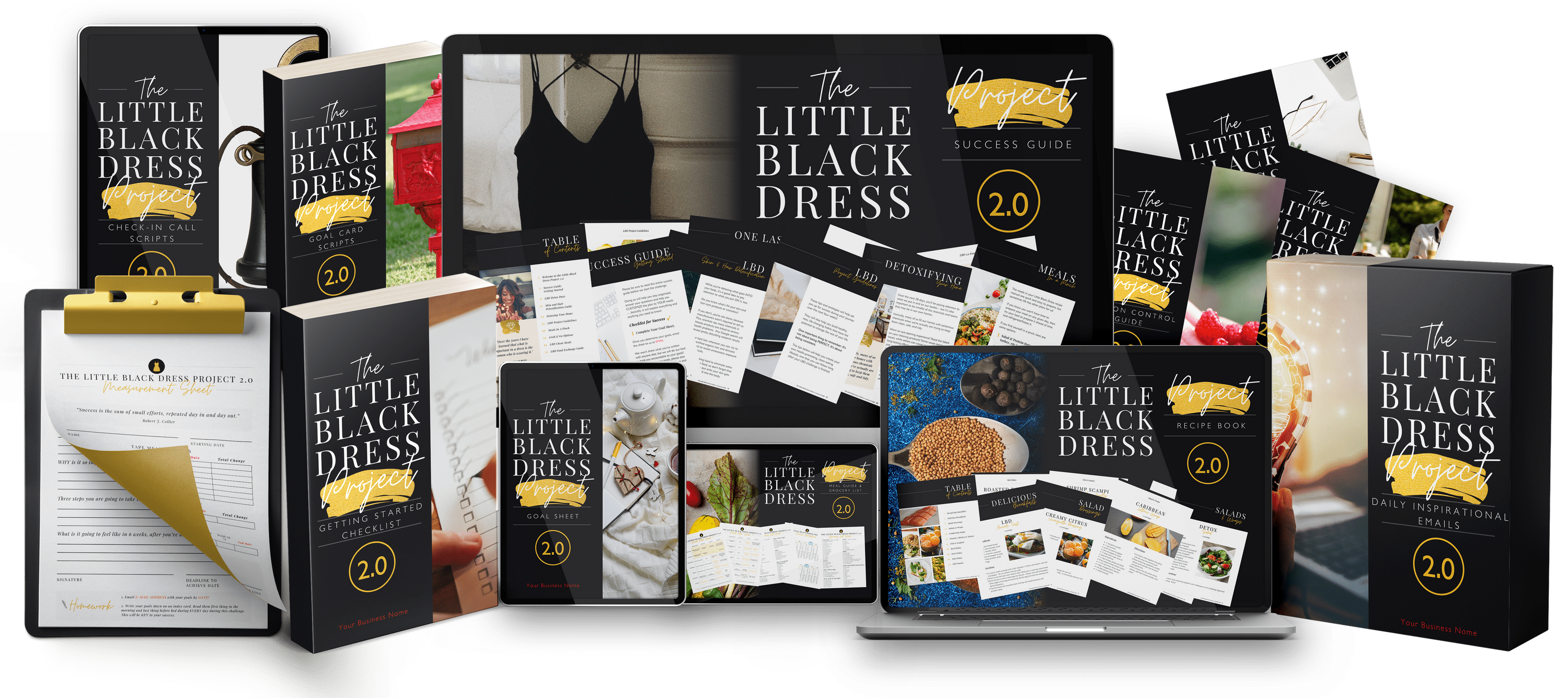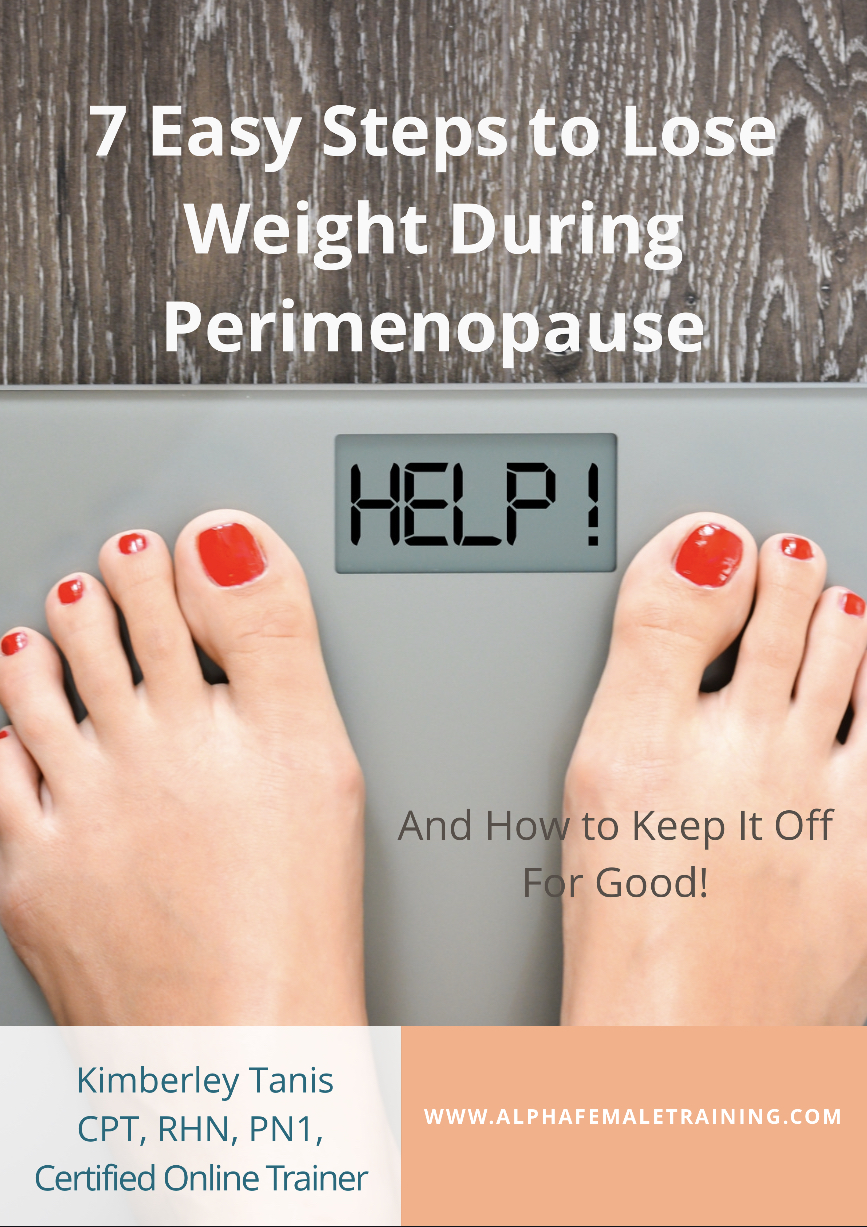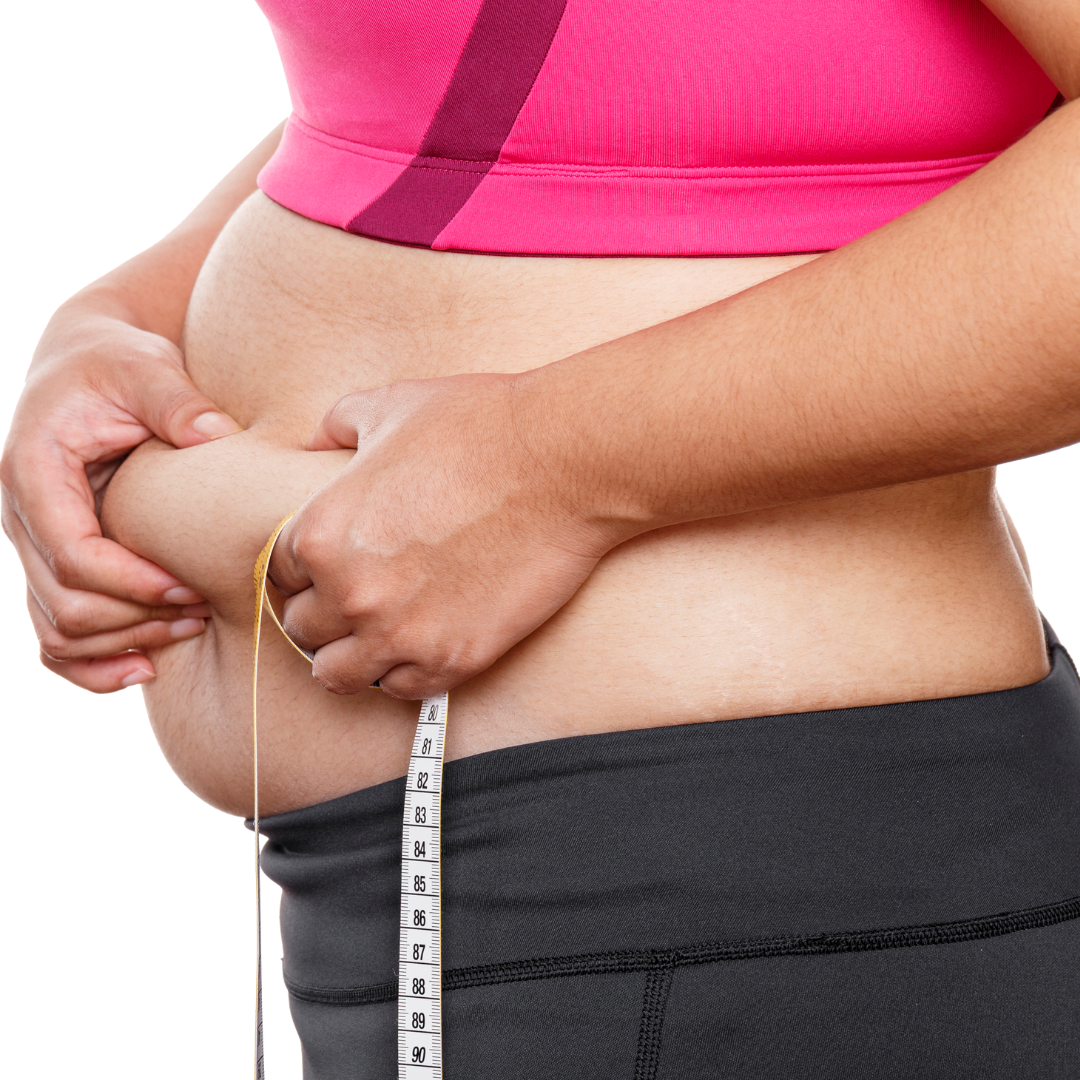Truth Behind Artificial Sweeteners
You probably know that I'm not a fan of artificial sweeteners. I'd much rather you reduce your sugar intake naturally (because that's not exactly a health food either) so I'm going to walk you through the truth behind artificial sweeteners.
And that can mean a long process of slowly adjusting your taste buds to less and less added sugar.
Artificial sweeteners just don’t seem to be the great weight-loss promoters they had hoped to be.
Want to know more? Read the full post. Or, if you just want to skip right down to the “sweet enough” latte recipe, you can do that too.

Should we be eating artificial sweeteners instead of sugar?
As women age, it becomes increasingly important to pay attention to the amount of added sugar in their diets. Added sugars are found in many popular foods such as soda, candy, baked goods, and cereals, which can often be hiding in the grocery store. Ingesting too much refined sugar can cause a spike in blood sugar and insulin, leading to a variety of health issues.
To address the demand for lower-calorie foods that still taste great, the food industry developed artificial sweeteners. These sweeteners were meant to provide the sweetness of sugar without the calories, as seen in diet soda. The idea was that consuming these products would help individuals maintain a healthy body weight and reduce the risk of developing heart disease, diabetes, or obesity.
However, research has shown that consuming artificial sweeteners may not be as effective as we once thought. While they do not contain calories, they can still trigger a rise in insulin levels and lead to an increased risk of developing health issues such as metabolic syndrome, type 2 diabetes, and cardiovascular disease. They can also mess with our gut health.
For women over 40, it is important to be aware of the amount of added sugars in our diets and to consider alternative options to artificial sweeteners. This may include choosing natural sweeteners such as honey or maple syrup, or limiting sugar intake altogether. Making conscious choices about the foods we consume can have a significant impact on our long-term health and well-being.
The truth behind artificial sweeteners is exactly that - they are artificial and may actually be bad for us.
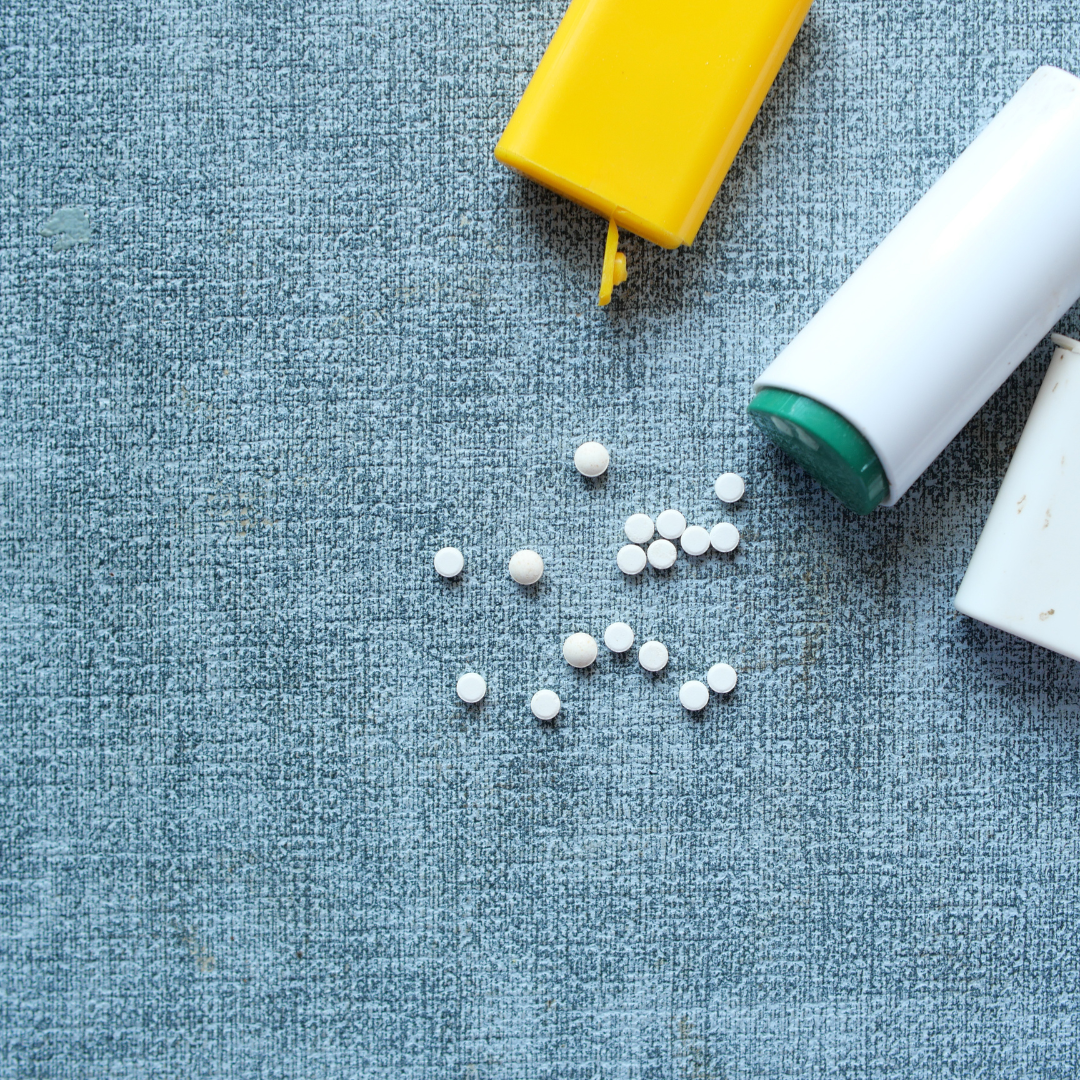
Truth behind artificial sweeteners - the types
Sugar substitutes fall into several categories, but what they all have in common is that they have a sweet taste and fewer calories than plain sugar.
Today we'll specifically discuss "artificial sweeteners," which are synthetic chemicals where a tiny bit tastes very sweet.
They're also known as "non-nutritive sweeteners," and include things like:
● Saccharin (Sweet & Low),
● Acesulfame potassium,
● Aspartame (Equal & NutraSweet), and
● Sucralose (Splenda).
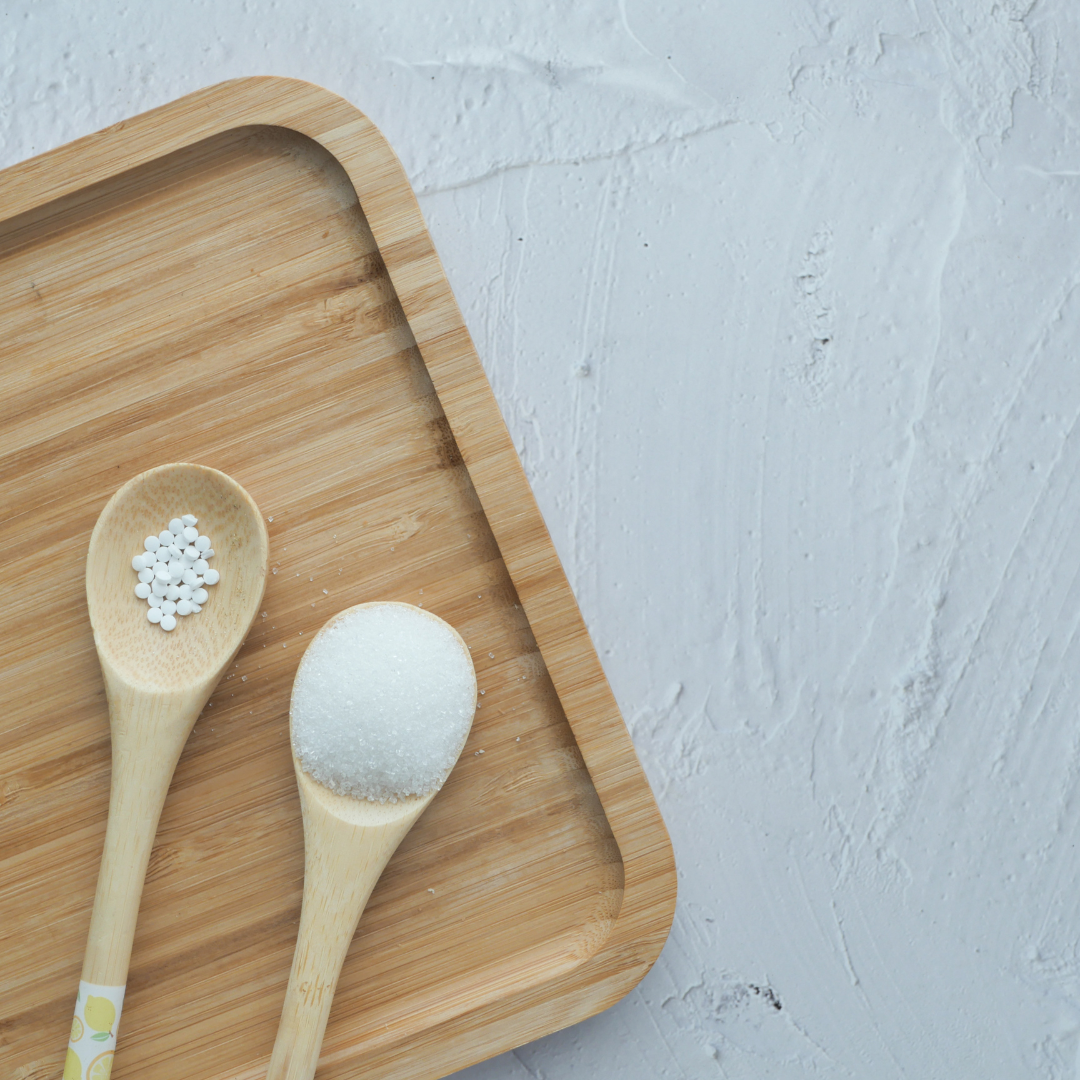
Health effects of artificial sweeteners
The potential negative health effects of artificial sweeteners are a topic of much debate and research. While some studies suggest that artificial sweeteners may be linked to health issues such as cancer and heart disease, other studies have not found a significant correlation. Additionally, much of the research on this topic has been conducted on animals, which may not always translate to humans.
Despite the lack of clear consensus, it is worth noting an interesting irony related to artificial sweeteners and weight. One study has shown that individuals who regularly consume diet sodas may have a higher risk of gaining weight compared to those who do not. Similarly, another study has linked daily consumption of diet drinks to an increased risk of developing metabolic syndrome and diabetes.
So the truth about artificial sweeteners is that in some women they may actually do the opposite when it comes to weight loss.
While these findings may not apply to everyone equally, they do raise questions about the efficacy of artificial sweeteners in weight management and overall health. It is important for individuals, particularly women over 40, to be aware of the potential risks associated with consuming artificial sweeteners and to make informed choices about their dietary habits.
How do artificial sweeteners affect our bodies?
The question of why consuming artificial sweeteners may lead to weight gain and other negative health effects is a complex one that has yet to be fully answered. While there are various theories out there, it is important to note that the impact may vary from person to person.
One possible explanation is that individuals may feel they can indulge in sweets or other treats because they have switched to diet soda. Another possibility is that the taste of artificial sweeteners may alter our taste preferences, making fruits and vegetables taste less appealing. Additionally, some research suggests that consuming artificial sweeteners may increase our cravings for real sugar and sweets.
Another potential explanation involves the way in which artificial sweeteners impact our blood sugar levels. When we consume something sweet, our bodies release insulin to lower our blood sugar levels. However, if we consume an artificial sweetener that does not contain any sugar, our blood sugar levels may drop too low, leading to increased cravings for sugary foods.
Additionally, some animal studies have suggested that certain artificial sweeteners, such as saccharin, may have addictive properties. Finally, there may be a more complex response involving our gut microbiome, which helps to regulate our blood sugar levels and plays a role in overall health and wellness.
While there is no clear answer to the truth behind artificial sweeteners, it is important for individuals, especially women over 40, to be aware of the potential risks associated with consuming them and to make informed choices about their dietary habits.
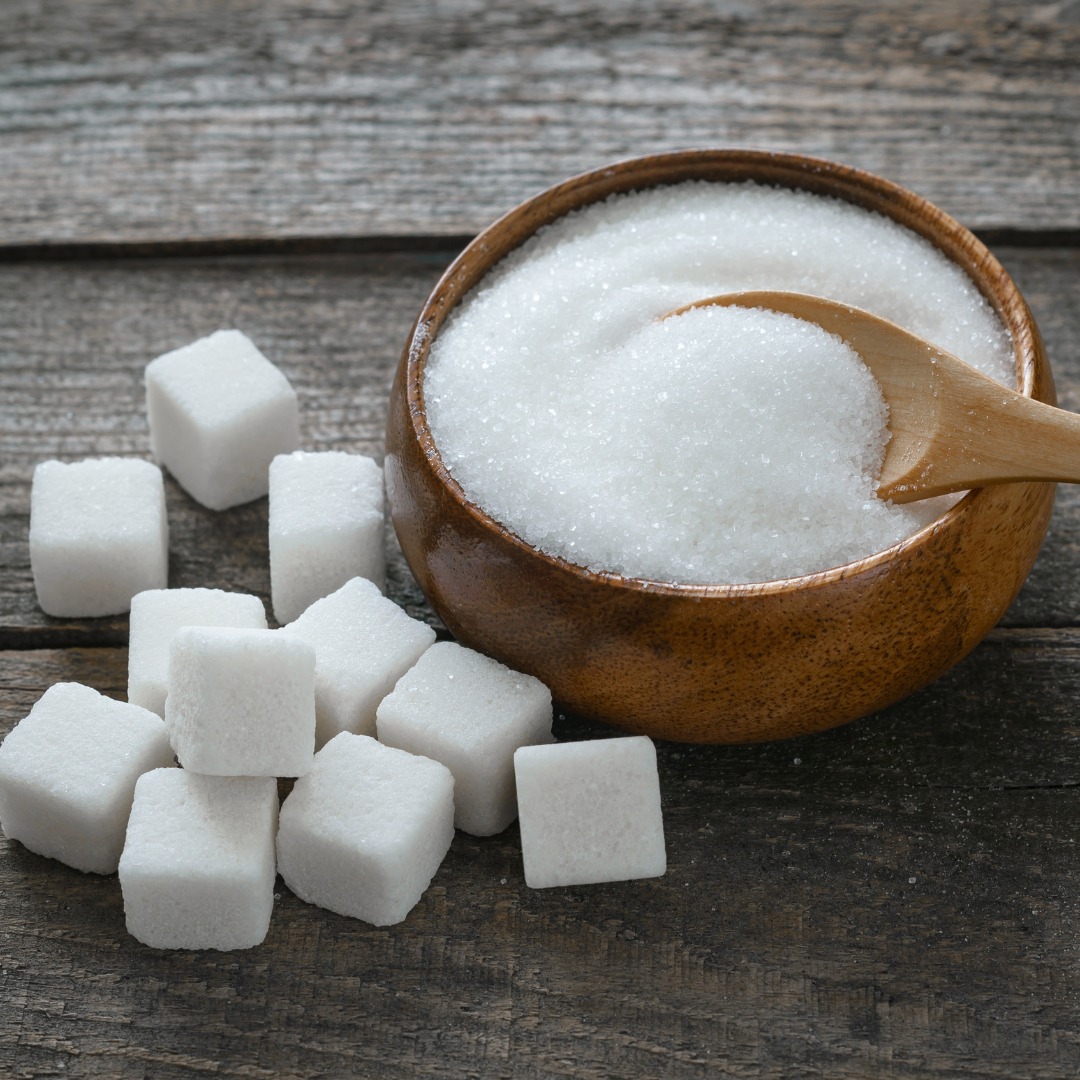
Understand that added sugar is not good for you, but the solution may not be to replace them all with artificial sweeteners.
I highly recommend reducing your sugar intake, so you naturally re-train your palate and start enjoying the taste of real food that isn't overly sweet. This way you're reducing your intake of added sugar, as well as not needing to replace it with artificial sweeteners.
Try having ½ teaspoon less of sugar in your hot morning drink. Try reducing a ¼ cup of the sugar called for in some recipes. Try diluting juice with water or avoid it all together.
Your body will thank you!
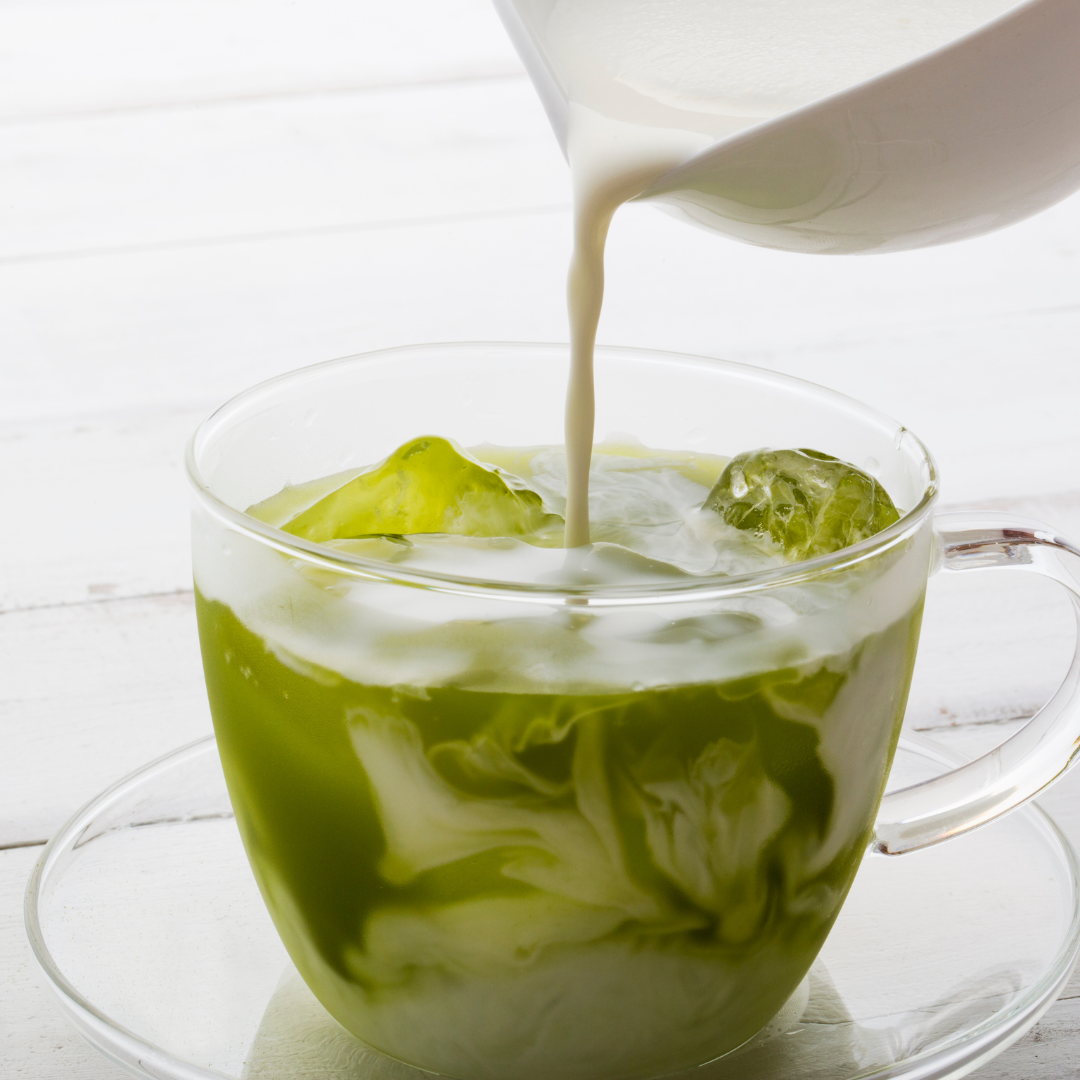
Recipe (naturally sweetened): Sweet Enough Matcha Latte
Serves 1
1 teaspoon matcha powder
1.5 cup almond milk, unsweetened
1-2 teaspoons maple syrup or honey (optional)
1. Heat almond milk and maple syrup/honey (if using) in a small pot.
2. Add matcha powder to cup.
3. When almond milk is hot, add about a ¼ cup to matcha and stir to combine.
4. Add rest of the milk to cup.
Serve & enjoy!
Tip: You can steep a chai tea bag in the milk if you prefer chai tea over matcha.
References:
http://www.health.harvard.edu/blog/artificial-sweeteners-sugar-free-but-at-what-cost-201207165030

